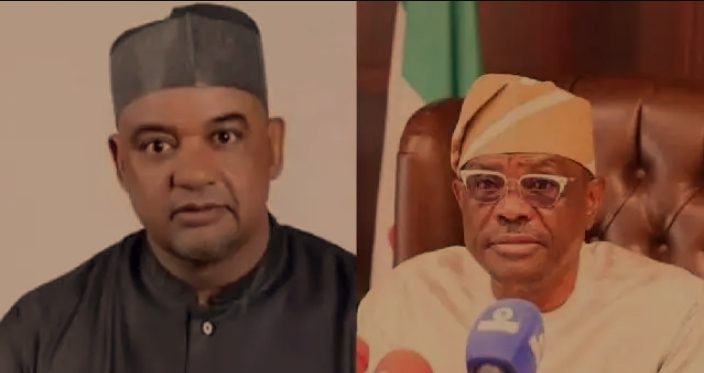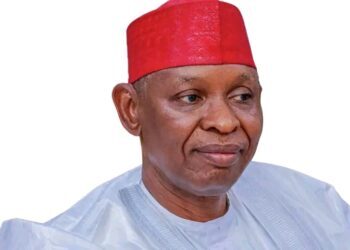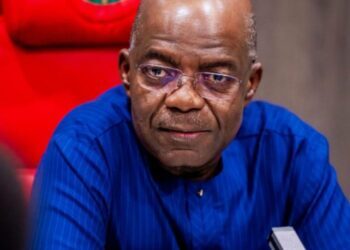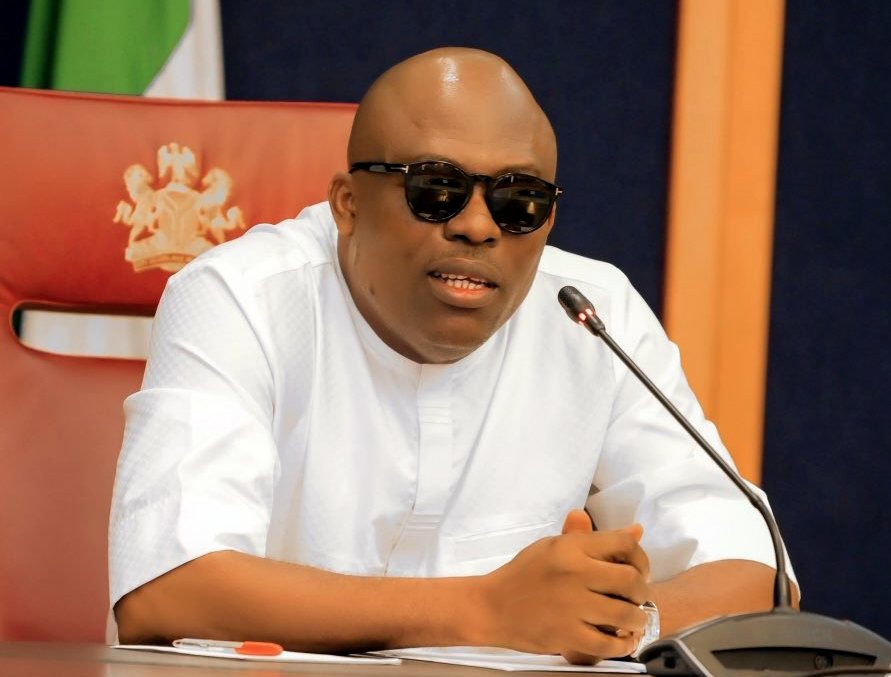The People’s Democratic Party (PDP) Caucus meeting in the House of Representatives descended into chaos, highlighting the deep-seated divisions within the party.
The rift emerged between supporters of the Acting National Chairman, Umar Damagun, and those advocating for his removal from office.
Summoned by the Caucus leader, Hon. Kingsley Chinda, the meeting aimed to garner support for Damagun ahead of the upcoming National Executive Committee (NEC) gathering.
However, efforts to pass a vote of confidence in Damagun, backed by loyalists of FCT Minister Nyesom Wike, faced staunch opposition.
Amidst the heated exchanges, a faction comprising over 60 lawmakers, led by Hon. Ikenga Ugochinyere, vehemently opposed Damagun’s tenure extension and called for his immediate resignation.
They advocated for a replacement from the North-central zone, underscoring the demand for adherence to the party’s constitutional provisions.
The dissenting voices, represented by the Opposition Lawmakers Coalition, reiterated their stance during a press conference, stressing the need for Damagun’s resignation and the reversal of doctored Caretaker Committee lists in several states.
They decried alleged collaboration between PDP leadership and the All Progressives Congress (APC), vowing to uphold party integrity and resist external influence.
Despite attempts to salvage unity, the failure to pass the vote of confidence signals deeper underlying tensions within the PDP. The coalition’s unwavering commitment to party reform underscores the imperative for internal restructuring and accountability.
As the party grapples with internal strife, the trajectory of PDP politics hangs in the balance, with implications reaching far beyond factional interests.











